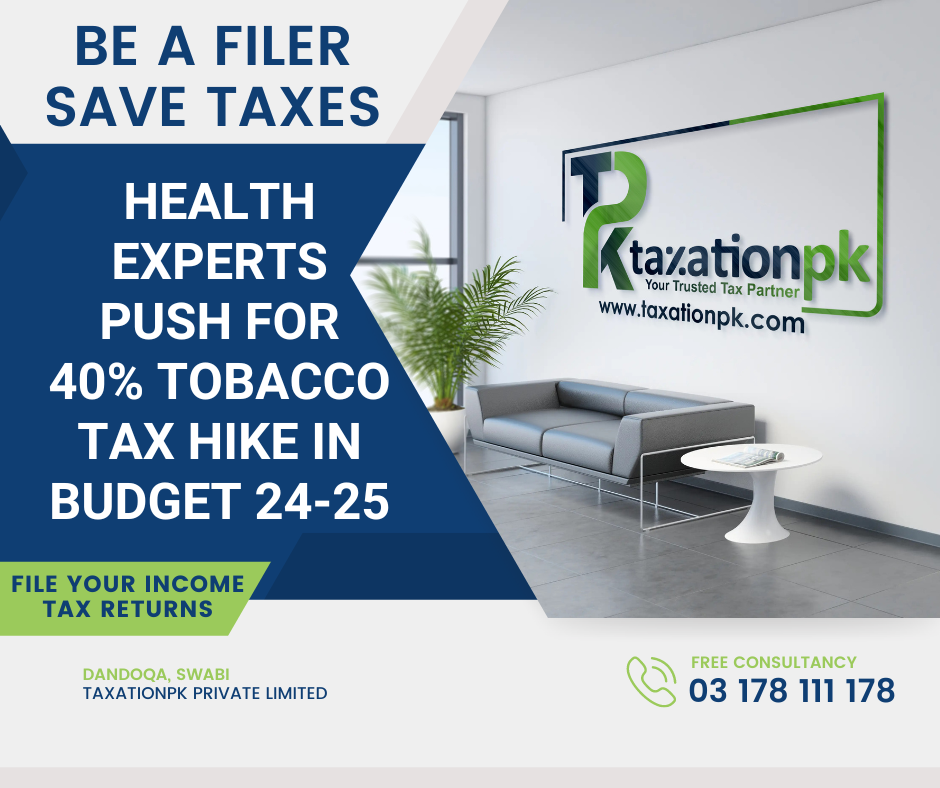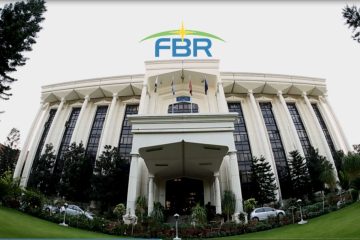Health experts in Pakistan are calling for a significant increase in tobacco taxes during the upcoming budget deliberations. Their proposal, presented to the Federal Board of Revenue (FBR), recommends a 40% tax hike on tobacco products.
Key Points:
- Dual Benefits: The proposal aims to achieve two objectives: reducing tobacco consumption and generating additional government revenue.
- Projected Revenue Increase: A 40% tax hike is estimated to raise government revenue from Rs 240 billion to Rs 336 billion.
- Reduced Healthcare Costs: This tax increase is also projected to reduce healthcare costs associated with smoking by nearly Rs 200 billion.
- Effective Deterrent: Experts highlight the success of recent tax hikes in lowering smoking rates, with a 19.2% decline observed after the last increase in Federal Excise Duty (FED).
- Global Best Practices: The proposal aligns with World Health Organization (WHO) recommendations for high tobacco taxation as a strategy to curb consumption.
- Addressing Affordability: Currently, low cigarette prices in Pakistan are blamed for encouraging smoking initiation, particularly among youth. Higher taxes would make cigarettes less affordable, deterring uptake and promoting quitting.
Call to Action:
Health experts urge stakeholders to take a unified stance against the tobacco epidemic. They advocate for regular tobacco tax increases and a single-tier tax structure for cigarettes, aligning Pakistan with global best practices.
Looking Ahead:
The FBR is currently considering various proposals for the upcoming budget. The inclusion of this 40% tobacco tax hike remains to be seen. If implemented, this measure has the potential to significantly reduce smoking rates, improve public health outcomes, and generate additional revenue for the government.







